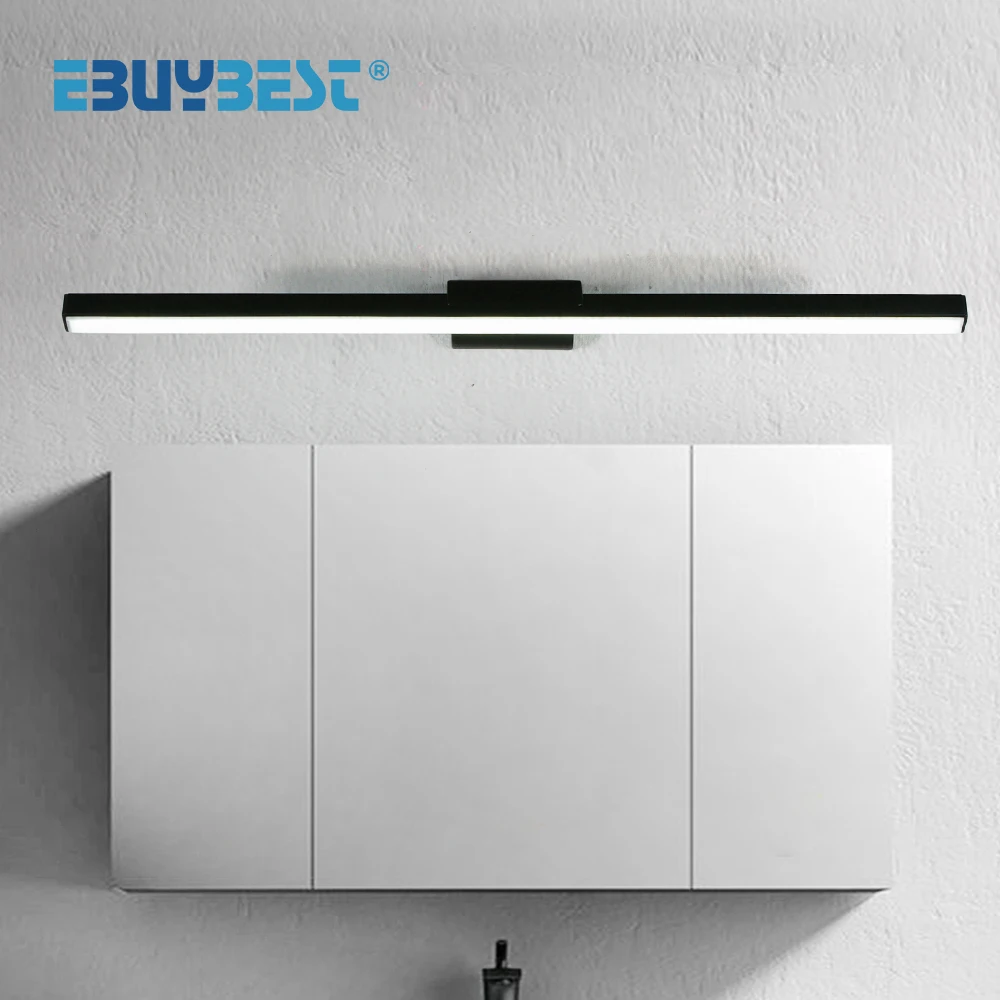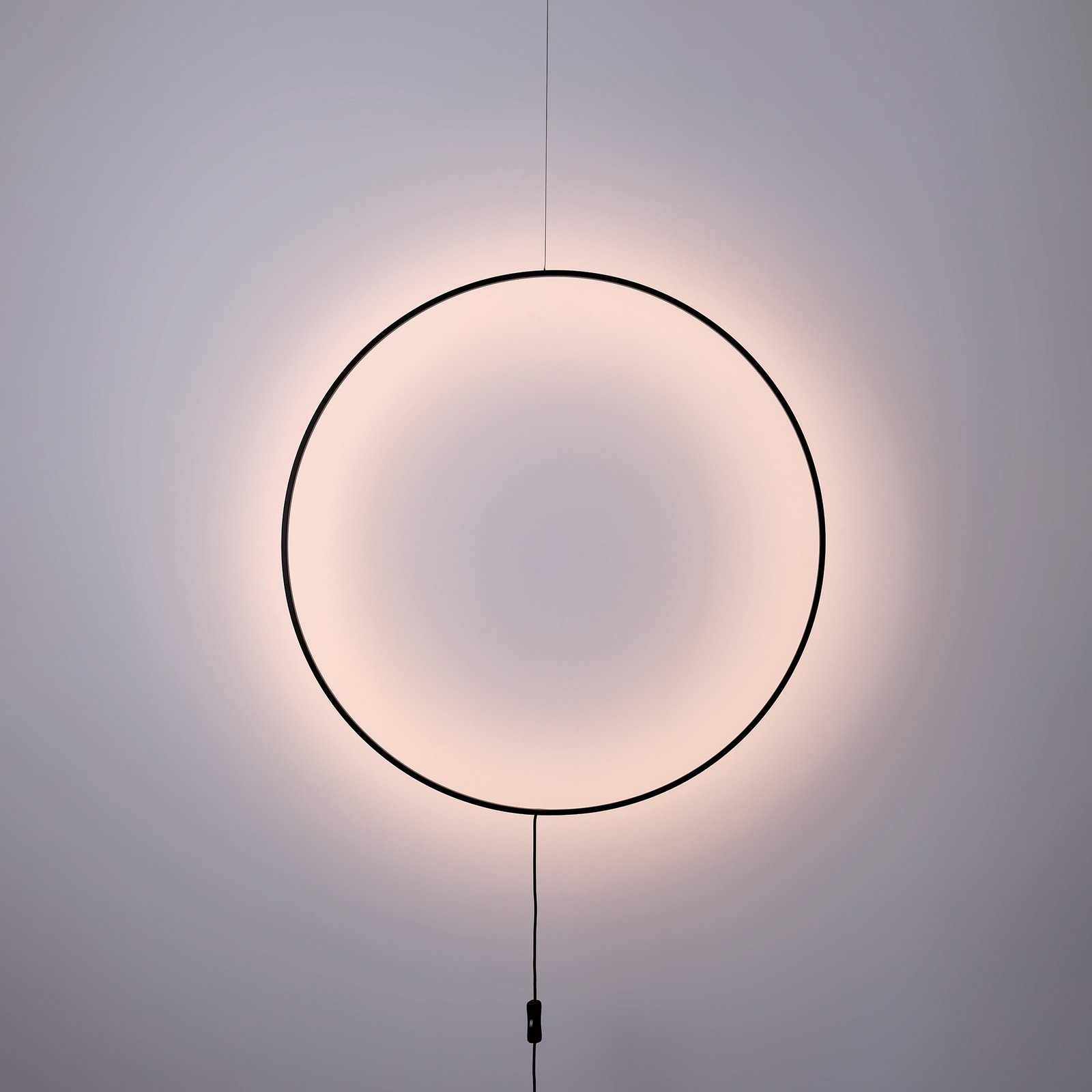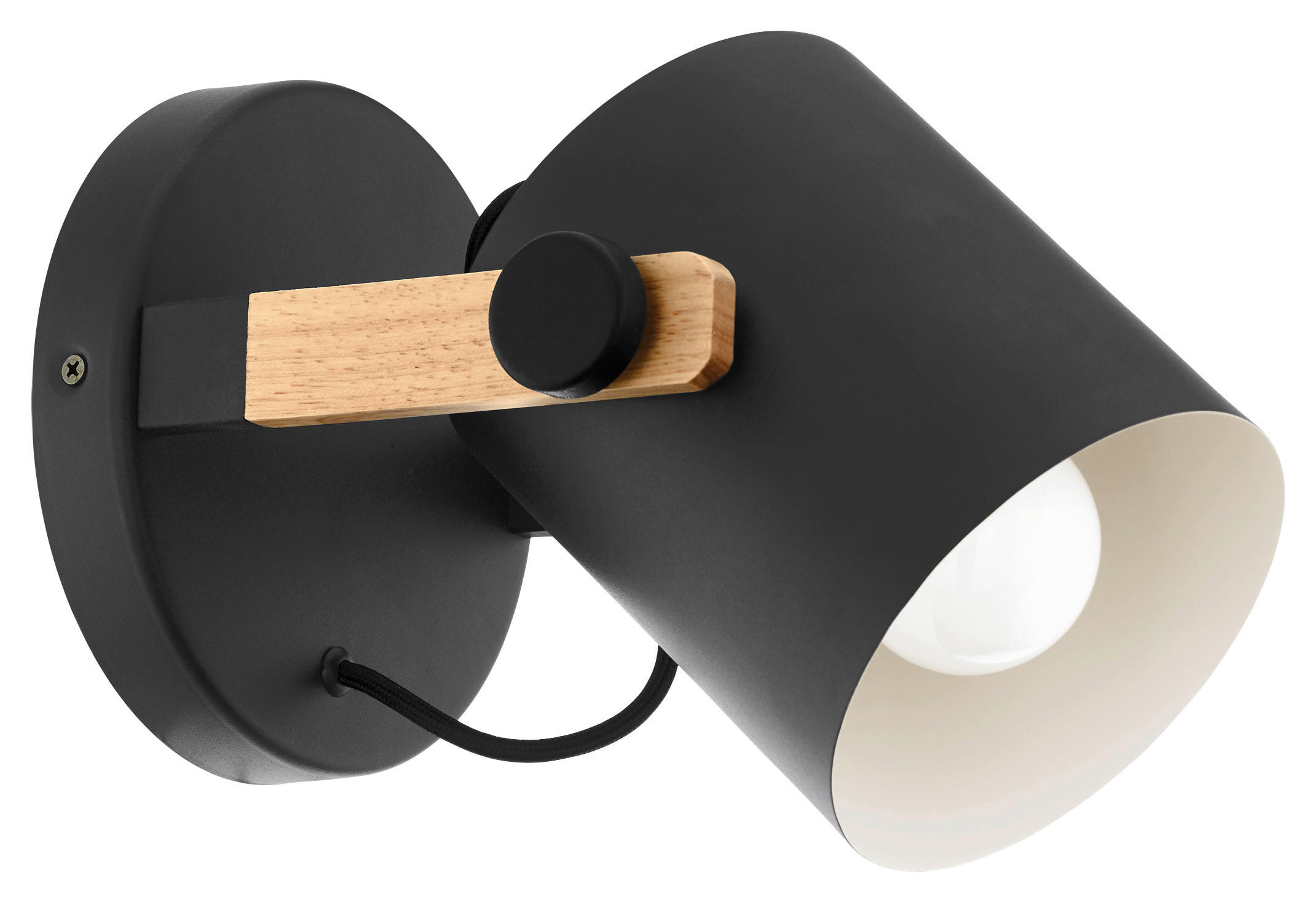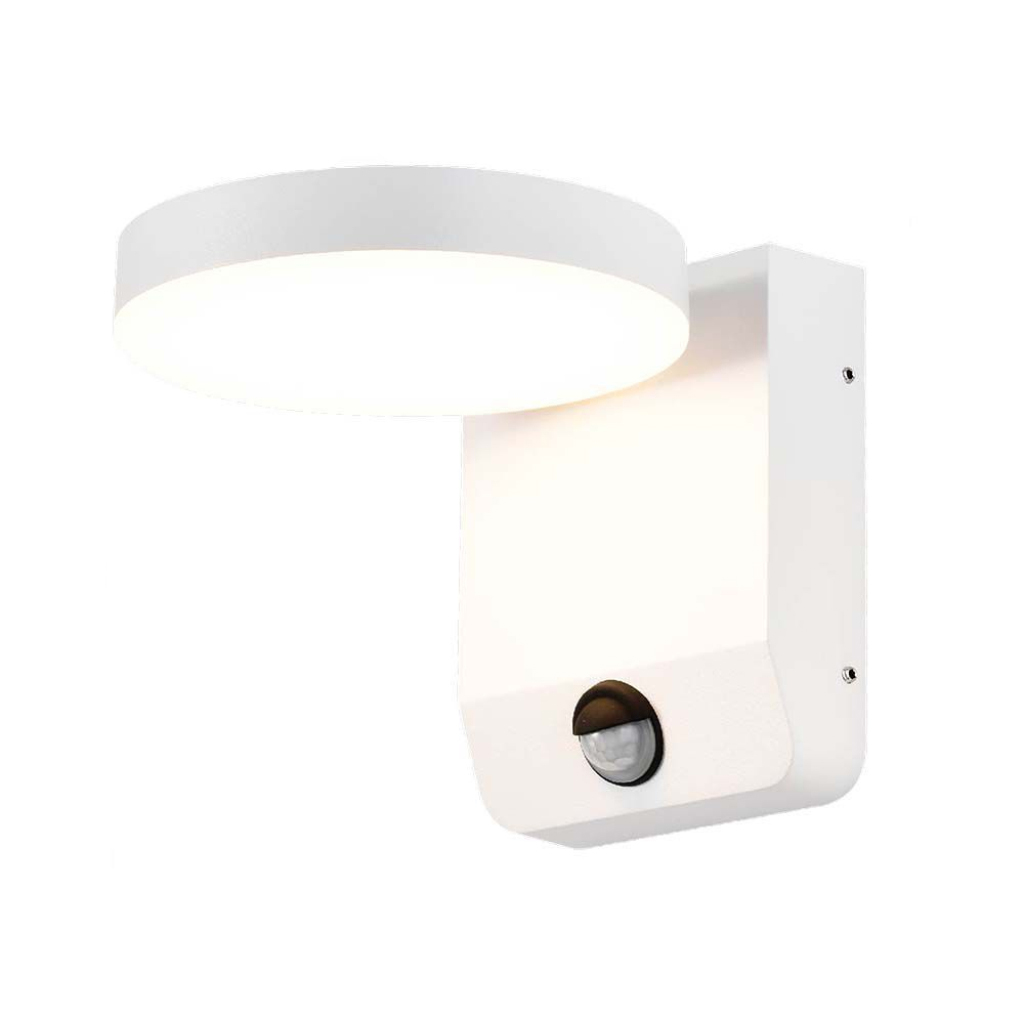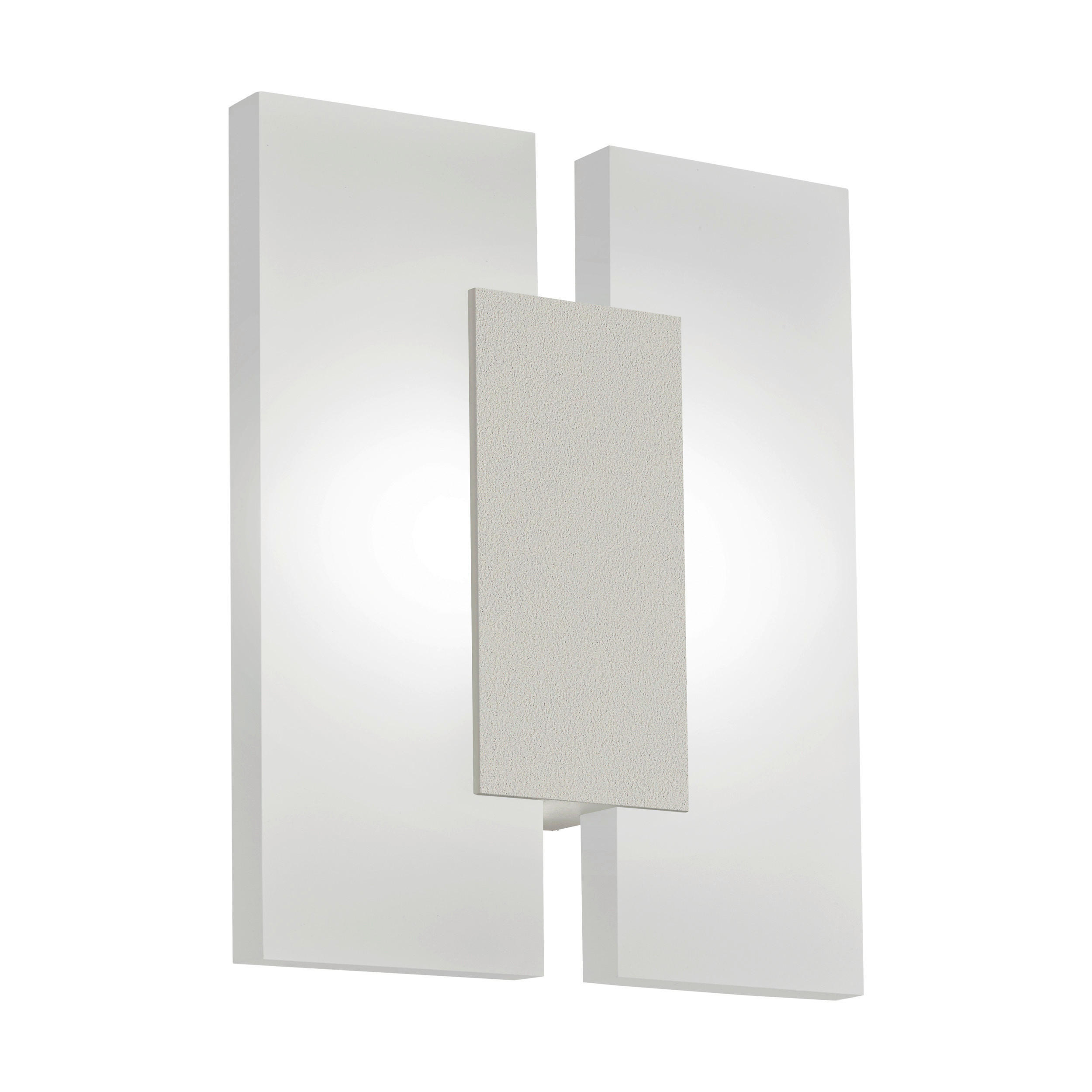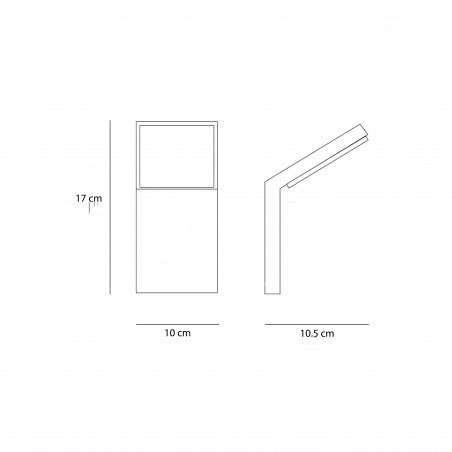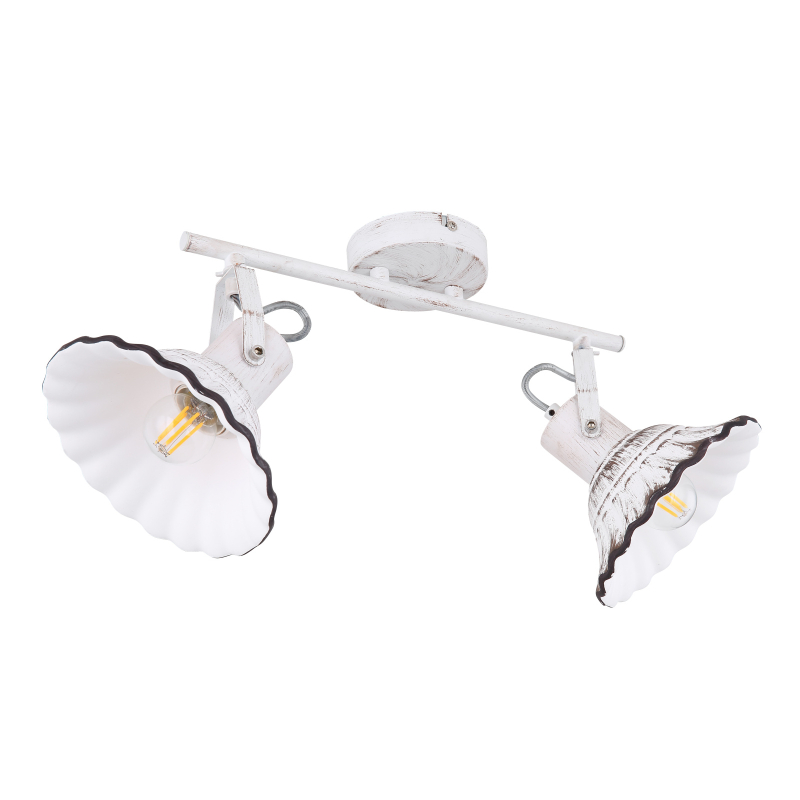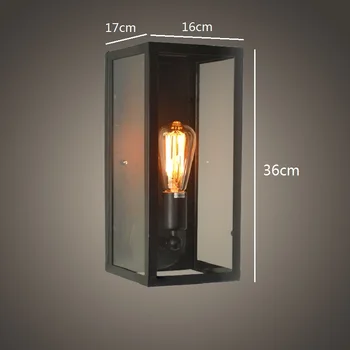
Moderné Led Dekoratívne Predmety Pre Domáce Smart Posteľ Kórejský Izba Dekor čítanie Nástenné Svietidlo Priemyselné Vodovodné objednávky < LED Žiarovky / Cvckuliskova.sk
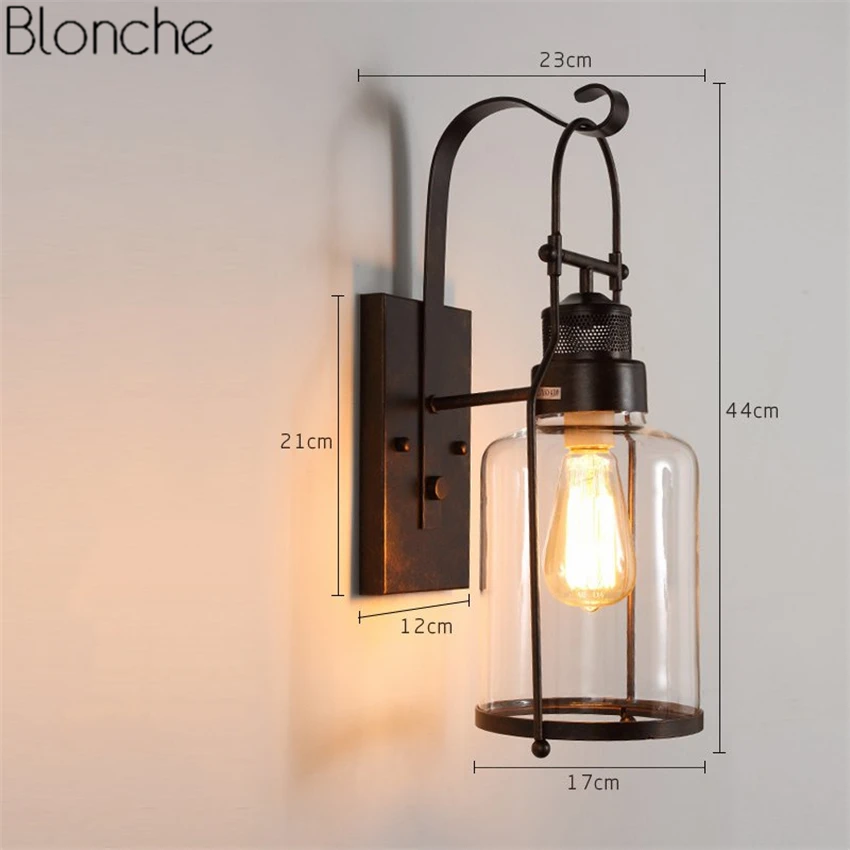
Americký Loft Retro Kovové Nástenné Svietidlo Sklenené Tienidlo Stenu Sconce Led Svetlá Pre Reštaurácia, Kaviareň A Bar Schodisko Domov, Priemyselných Dekor objednávky < LED Žiarovky / Cvckuliskova.sk
